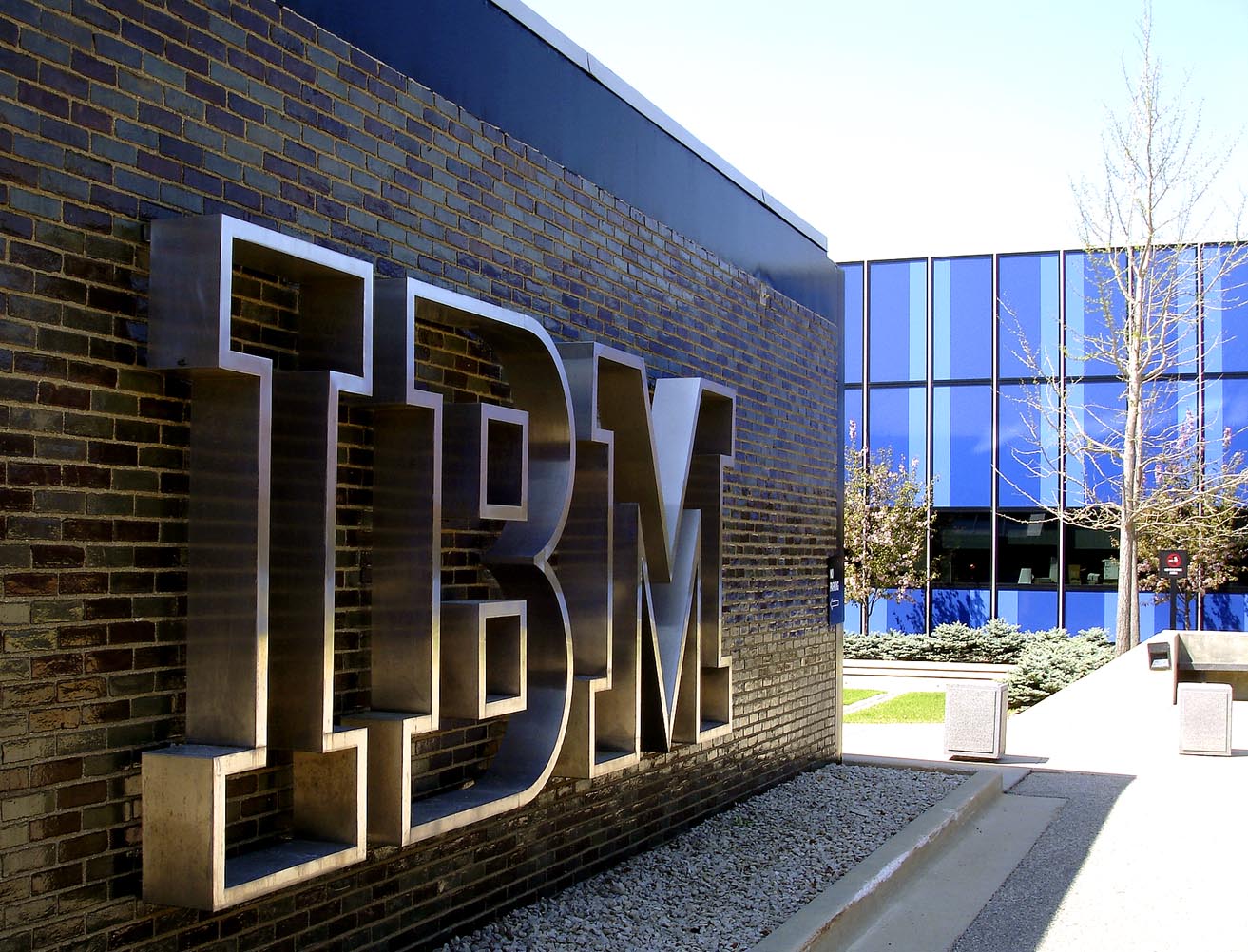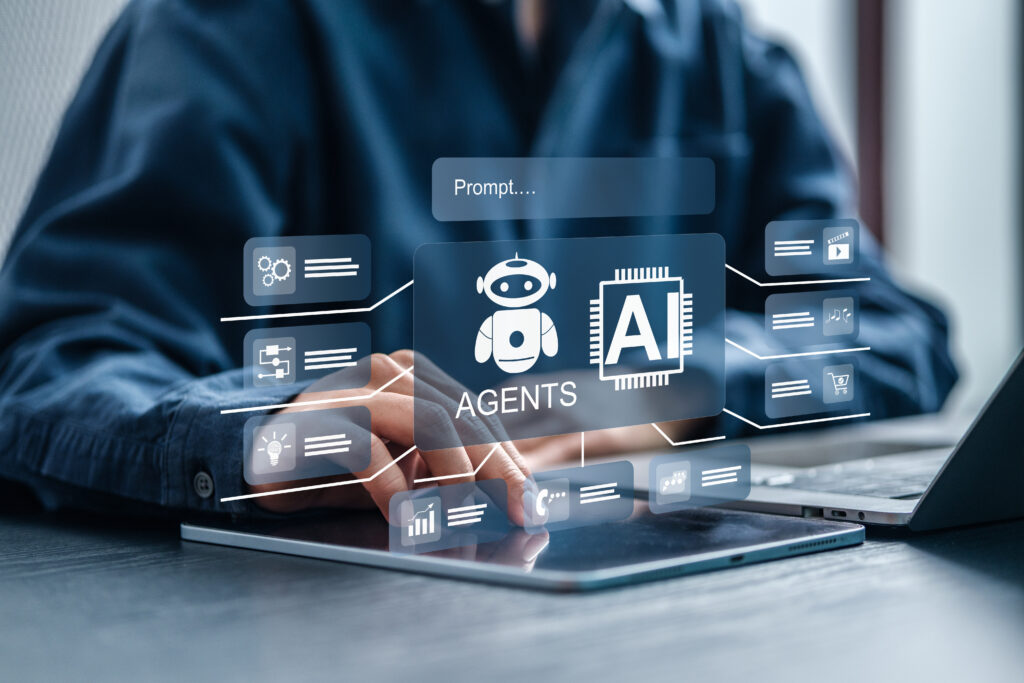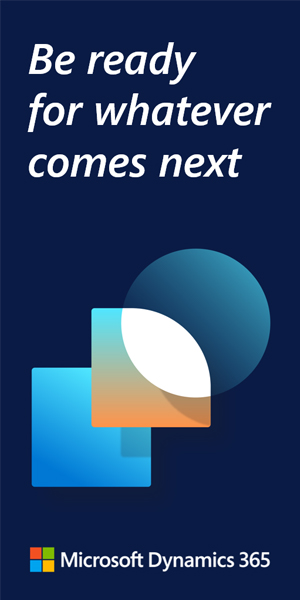IBM is turning Microsoft Copilot into a gateway for its internal consulting AI toolbox, citing major time savings and new value potential for delivery teams, IBM Newsroom November 18 reports. IBM Consulting Advantage is now integrated directly into Microsoft 365 apps via Copilot, giving thousands of IBM consultants access to AI agents and assets inside familiar tools like Word, Excel, PowerPoint, Teams, and Outlook.
The integration is in use and is credited with saving the equivalent of more than 250,000 hours a year, which IBM estimates as roughly $35 million in new value from consultants redirecting that time to revenue-generating work. In one example, four information-gathering tasks were completed in 13 minutes using agents, compared to nearly three hours previously, with no reported drop in quality.
According to Chris McGuire, VP and general manager for IBM Consulting’s Global Microsoft Practice, the goal is not to replace consulting expertise. The goal, he tells ERP Today, is to “optimize our consultants’ time to access the proprietary IBM information and data they need faster, thus freeing up their time to focus on higher-impact client work.” He describes this as “technology arbitrage,” using AI, assets, and platforms to amplify human expertise.
There are limits, however. McGuire notes there is not yet a specific ERP client case study because IBM is first deploying the integration internally as a “client zero” approach before rolling out AI-powered delivery models into paid engagements.
AI Agents Inside Everyday Workflows
This work builds on a long-standing strategic alliance between IBM and Microsoft that focuses on accelerating digital transformation by pairing IBM Consulting’s industry-specific expertise with Microsoft’s cloud and AI platforms. Through Copilot, IBM’s dedicated Microsoft practice that includes thousands of certified consultants worldwide can call on several IBM Consulting Advantage agents tailored to different needs, including:
- Assets Agent, which surfaces IBM AI-powered tools and assistants to support high-value delivery.
- IBM Institute for Business Value Agent, which retrieves industry data and insights from IBM’s research library.
- Ask Offerings Agent, which provides information on IBM offerings such as AI Integration Services and Customer Service Transformation.
- Partnerships Agent, which supplies C-suite ready insights and visuals on strategic collaborations in AI and digital transformation.
- Ask WOW Stories Agent, which pulls client stories showing how IBM applies AI at scale in real engagements.
For ERP teams, this could eventually mean consultants arrive already aligned with market benchmarks and transformation patterns, reducing the time customers spend bringing partners up to speed.
Guardrails, Costs, Next Steps
Governance and security remain central concerns as consulting organizations adopt AI. McGuire says outputs sourced through IBM Consulting Advantage use “rigorous internal governance and trusted models such as Granite,” IBM’s proprietary foundation model family, with human oversight applied before results influence a project.
Importantly, the system does not access client data today. The AI pulls exclusively from internal IBM sources like Institute for Business Value research, partnership collateral, and delivery assets. Because the tools are currently used only inside IBM, there is no pricing impact on client work and no requirement for ERP customers to adopt AI-driven workflows, McGuire notes.
Next, IBM plans to introduce a custom agent using ContextForge and the Consulting Advantage Model Context Protocol servers to automatically match each task with the right assistant, agent, or document collection. The goal is to speed up discovery while maintaining trust and governance. IBM says this evolution aims to let consultants blend human expertise with “digital workers” to scale AI confidently and responsibly for clients.
What This Means for ERP Insiders
Smarter workflows become the new normal. AI embedded directly into consulting workflows could reduce waiting times for deliverables and increase time spent on strategic design rather than administrative tasks. Expect quicker responses, cleaner insights, and less back-and-forth.
Consultants arrive with deeper context from day one. By surfacing reference architectures, industry data, and client examples, Copilot agents could allow consultants to speak the language of finance, supply chain, or operations earlier in an engagement. The more informed the consulting bench, the less internal teams need to educate vendors on basics.
Governance and trust questions move to the forefront. ERP program sponsors should assess how consulting partners validate AI-generated insights, protect data, maintain quality, and ensure accuracy. Procurement and risk leaders should ask vendors which AI assistants are being used and what data are powering them. Aligning rules early keeps AI acceleration from turning into AI rework later.






